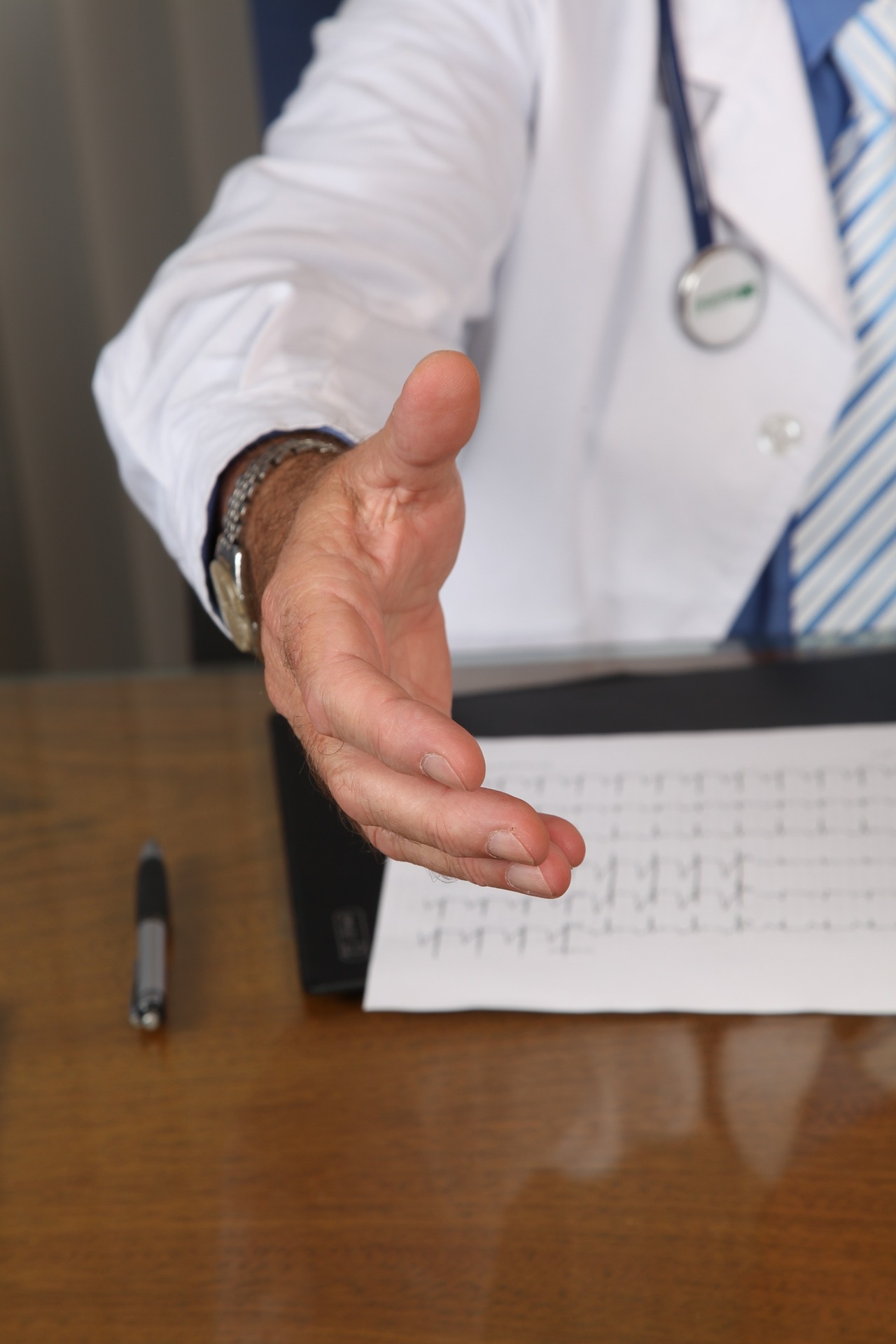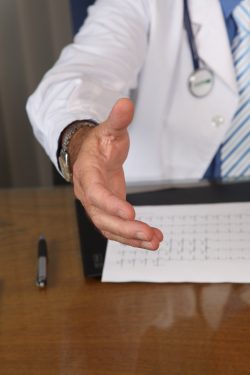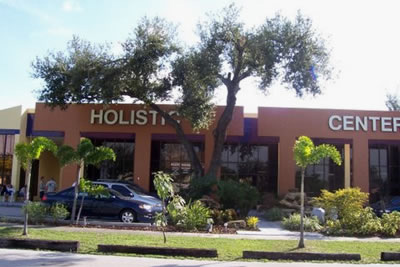Opioid Abuse Can Be Prevented With New Prescription Awareness Tool, Drug Rehab Centers in Massachusetts

Massachusetts recently rolled out a new prescription monitoring program intended to prevent individuals from obtaining multiple prescriptions for opioid painkillers. The new program, called the Massachusetts Prescription Awareness Tool or MassPat for short, was developed with hopes of improving the state’s opioid abuse crisis. MassPat is the state’s latest effort to prevent opioid addiction, while programs at drug rehab centers in Massachusetts are continuing to include ongoing addiction education as part of treatment to curb the epidemic.
If you’re addicted to prescription painkillers and need help overcoming your addiction, call our 24/7 confidential helpline at 888-414-2380 to speak with one of our caring treatment specialists. We’ll help you find drug rehab centers in Massachusetts that can successfully help you overcome dependence on prescription opioids.
Exploring the State’s New Prescription Tool

MassPat can help prevent patients from doctor shopping.
MassPat allows doctors to find out whether patients already have existing prescriptions for schedule 2 and schedule 3 narcotics, many of which are opioids. Patients who already have active prescriptions for these drugs may not be approved for new or additional prescriptions. The tool prevents patients from “doctor shopping,” which is when patients visit multiple physicians with the intent to obtain multiple prescriptions.
Prior to the launch of MassPat, patients could travel across state lines and obtain opioid prescriptions from healthcare providers that lacked access to their medication history. For instance, those who lived in Western Massachusetts could drive 15 minutes to Connecticut, obtain and fill an opioid prescription, then return to Massachusetts to fill another opioid prescription with another doctor. But MassPat provides doctors with access to prescription history in other states so patients can’t obtain prescriptions for painkillers they don’t need.
Easthampton Mayor Karen Cadieux says opioid addiction is quite common throughout local communities, yet many remain largely unaware of the surging epidemic. Holyoke Mayor Alex Morse adds that prescription opioids are often the gateway to heroin and other substances, and that he anticipates MassPat will have a positive impact on the state’s opioid abuse problem. The state of Massachusetts spent approximately $6 million on upgrading the prescription monitoring program and making it more user-friendly for doctors.
Preventing Opioid Abuse With Drug Rehab
Those who struggle with opioid abuse can overcome dependence and addiction with help from drug rehab centers that specialize in opioid addiction. The treatments offered at opioid rehab centers are effective at helping addicts stop using, and at educating recovering addicts about how to cope with stress without turning to opioids. Rehab treatment is often far less costly than addiction, given addiction can lead to serious financial problems, extra healthcare costs, and incarceration.
One of the most effective rehab treatments for opioid addiction is medication-assisted treatment, which combines medication with therapy and counseling to address physical dependence and underlying causes of addiction. With this treatment, patients are given medications that ease opioid cravings and withdrawal symptoms — promoting a safer and more comfortable detox with a lower risk for relapse. Patients then receive ongoing therapy and education until they’re ready to re-enter society armed with the knowledge to stay sober and avoid relapsing.
If you or someone you know is suffering from opioid abuse, understand there are several drug rehab centers in Massachusetts that can help you or your loved one break free of addiction. Call our confidential helpline at 888-414-2380 to learn more about your rehab options for opioid addiction.
